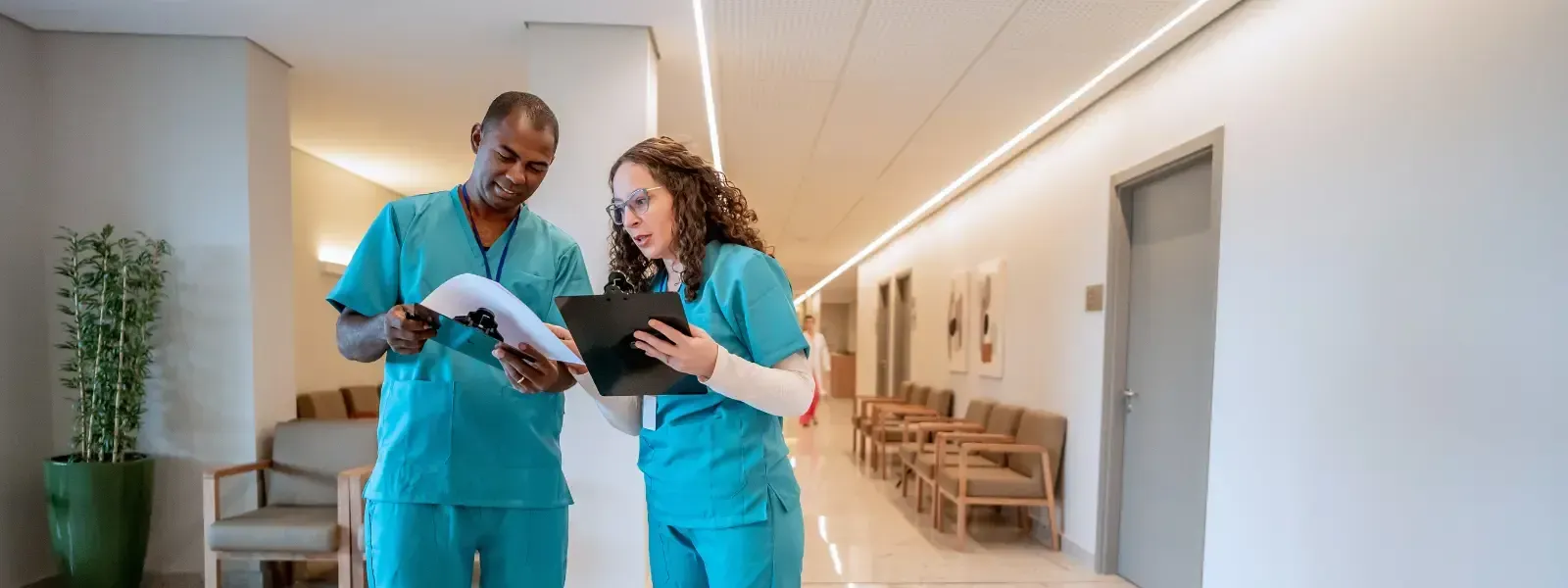What, why and how: Rural GP shortages in Australia
If you're in the medical industry, you know that there have been ongoing issues with rural GP shortages. While these vacant positions are on a downward trend, according to Sandra Corfield, CEO of the Central Queensland Rural Division of General Practice, there is still work to be done. A sentiment also echoed by the Australian Medical Association.
"About seven million Australians live in regional, rural, and remote areas, and they often have more difficulty accessing health services than their city cousins," explains AMA President, Dr Michael Gannon.
"They often have to travel long distances for care, and rural hospital closures and downgrades are seriously affecting the future delivery of health care in rural areas."

Just take a look at some of the statistics, courtesy of the AMA:
- Life expectancy is lower for people in remote Australia. Compared with major cities, the life expectancy in remote areas is up to seven years lower.
- The age standardised rate of the burden of disease increases with increasing remoteness, with very remote areas experiencing 1.7 times the rate for major cities.
- Coronary heart disease, suicide, COPD, and cancer show a clear trend of greater rates of burden in rural and remote areas.
- The number of medical practitioners steadily decreases with increasing rurality. The AIHW reports that while the number of full time workload equivalent doctors per 100,000 population in major cities is 437, there were 272 in outer regional areas, and only 264 in very remote areas.
While Australia's doctor population is growing at a national level, it is all too focused on metropolitan areas, leaving regional Australia without critical health infrastructure.
The Whys
We don't need to explain why this is such a big problem, the proof is in the numbers. Understaffed hospitals means late diagnoses, a lack of treatment and higher rates of mortality overall in these communities.
The question is: Why are there shortages in these communities in the first place?
The question is: Why are there shortages in these communities in the first place?
In the past, it was hard to convince doctors that had studied in an urban environment to commit to working in a rural environment with less resources. The cultural fit as well as the resource shortages were a major hurdle.This has often led to a scenario where hordes of candidates focus their applications on urban (and sometimes regional) locations and neglect rural opportunities.
Sandra believes the tides are turning here and she's experienced the shift firsthand.
"Often now, we have competitive placement processes for rural positions," says Sandra. "Practitioners recognise that these clinical placements are robust and provide the best exposure to a range of skills in the field."
This may be in part due to the AMA setting up rural clinical schools and regional medical schools, and increasing admission of students who were already residents of rural areas.

"Rural workforce policy must reflect the evidence. Doctors who come from a rural background, or who spend time training in a rural area, are more likely to take up long-term practice in a rural location," Dr Gannon said.
"Selecting a greater proportion of medical students with a rural background, and giving medical students and graduates an early taste of rural practice, can have a profound effect on medical workforce distribution.
These measures have seen a positive outcome, however, one key step was left out of the equation: Postgraduate training. Internships and training programs still predominantly take place in capital cities. This means a disproportionate amount of our medical graduates are flooding urban areas to undergo necessary training in teaching hospitals.
The Hows
So what can we do to attract even more GPs into rural areas across Australia? Here are some concrete action items.
As rural practitioners, we need to be able to articulate what the benefits are of working in these areas.
1. Clear and positive communication around rural benefits
Sandra maintains that the first step is relatively simple. It's all about strong positive messaging.
"As rural practitioners, we need to be able to articulate, very well, what the benefits are of working in these areas. From work-life balance to the breadth of experience in the field, rural positions have a lot to offer," she explains.
2. Create clear training pathways for rural residents
We need to work hard to address the current lack of training and internship programs in rural areas. This means building quality learning and development pathways with the right skill mix to ensure doctors are adequately trained to work in rural areas and develop their wider professional skillsets.
3. Putting an end to viewing rural placements as a second choice
In the same vein as positive communication, we need to stop framing rural work as a less preferable option. While we've made strides here, Sandra believes we need to put an end to the notion that working in these areas is a second choice.
"Working as a GP in a rural location isn't a punishment and it should never be viewed as one," explains Sandra. "In fact, I think those who don't consider these placements are missing out. Rural work is a practice of choice with brilliant learning opportunities and a lot of reward."
Interested in learning more about vacant rural positions? Reach out to our medical recruitment team today.












